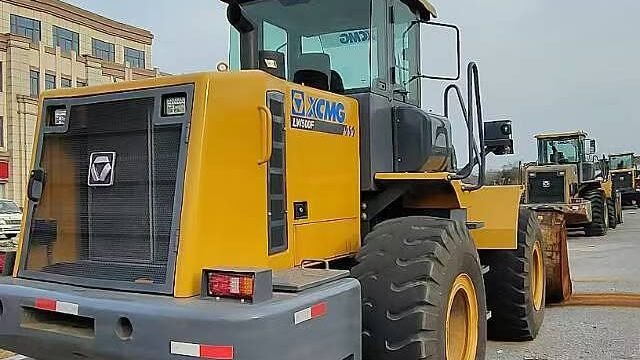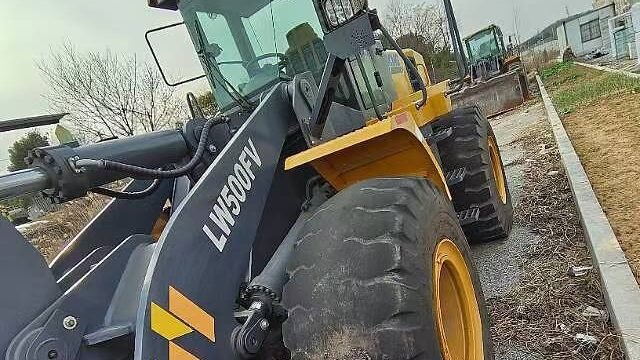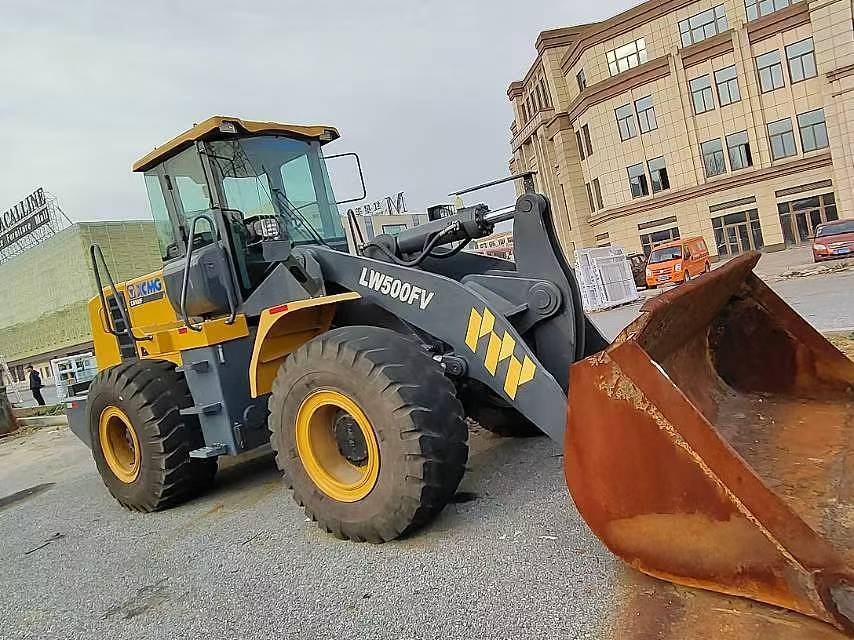I. Introduction
- Why is it important to understand customs procedures and tax payments?
- Understanding the customs process and tax requirements is crucial for importing construction equipment and excavators. This knowledge ensures that equipment passes through customs smoothly, avoiding delays and additional costs, thereby enhancing project efficiency. Good customs management facilitates timely deployment of equipment, improving overall operational efficiency and competitiveness.
- What is the purpose of this article?
- This article aims to provide a detailed customs clearance guide to assist businesses in smoothly handling the necessary procedures when importing construction equipment and excavators, including required documentation and tax payment processes, thereby minimizing potential risks and issues.
II. Customs Preparation
A. Understand Import Requirements
- What are the basic requirements for importing excavators?
- Before importing, businesses need to verify whether the excavators comply with the relevant laws and regulations of the destination country, including safety standards, environmental requirements, and technical specifications. Some countries may have specific restrictions or require special permits for importing certain types of equipment, so businesses should research these requirements in advance.
- What are the essential documents needed?
- The basic documents typically required for customs clearance include:
- Commercial Invoice: Detailing the transaction and price.
- Packing List: Listing the specific contents and quantities of the shipment.
- Bill of Lading: Proof of the transportation contract provided by the carrier.
- Import License: Required for certain types of equipment in specific countries.
- Product Compliance Certificate: Documents proving that the product meets local standards.
- The basic documents typically required for customs clearance include:
B. Find a Suitable Customs Broker
- How to choose a customs broker?
- When selecting a customs broker, businesses should consider the broker’s professional background, industry experience, and reputation in the relevant field. A broker familiar with importing construction equipment can more effectively handle complex customs procedures and reduce potential issues.
- What is the role of the broker?
- The customs broker is responsible for handling all customs documents, paying taxes, and communicating with customs officials. Their expertise and experience can help ensure a smooth customs process, avoiding unnecessary delays and costs.

III. Handling Customs Procedures
A. Submit Necessary Documents
- How to prepare and submit customs documents?
- Businesses must ensure that all documents are complete and accurate before submission. It’s essential to verify every piece of information to avoid delays caused by incomplete documentation. It is advisable to communicate with the customs broker in advance to understand specific document requirements.
- How to fill out the customs declaration form?
- When completing the customs declaration form, attention should be paid to the accuracy and completeness of the information, ensuring that all necessary details (such as equipment model, quantity, value, etc.) are included to prevent issues during clearance.
B. Communicate with Customs
- How to communicate effectively with customs?
- Understanding customs procedures and requirements is vital. Maintaining good communication with customs officials can help resolve any potential issues promptly. Businesses can contact customs via email, phone, or in-person meetings to ensure accurate information exchange.
- How to respond to inquiries or inspections from customs?
- When customs conduct inquiries or inspections, businesses should be prepared with the relevant documentation and maintain a calm and professional demeanor. Effective communication can expedite the inspection process and facilitate smooth clearance.
IV. Tax Payment
A. Understand Types of Taxes
- What taxes need to be paid for imported equipment?
- Importing excavators typically requires payment of the following taxes:
- Import Duties: Calculated based on the value and category of the equipment.
- Value Added Tax (VAT): Levied based on the sales price.
- Consumption Tax: May apply to certain specific equipment.
- Importing excavators typically requires payment of the following taxes:
- How to calculate taxes?
- Businesses should understand how to calculate taxes, which generally involves the total of the customs value, VAT, and any other applicable fees. By using the tax rates and calculation formulas provided by customs, they can estimate the total import costs.
B. Tax Payment Process
- What are the methods for paying taxes?
- Common methods for paying taxes include bank transfers, online payments, and in-person payments. Businesses should choose a convenient and secure payment method and ensure timely payment to avoid impacting the customs clearance process.
- How to confirm that taxes have been paid?
- After paying taxes, businesses should retain relevant receipts to present during customs clearance. Confirmation of tax payment can typically be obtained through bank receipts or letters of confirmation from tax authorities.

V. Post-Clearance Considerations
A. Equipment Retrieval
- How to retrieve equipment?
- The process for retrieving equipment generally includes receiving a pickup notice, going to the designated warehouse for pickup, and paying any associated fees. Businesses should coordinate with the logistics company to schedule pickup times and ensure that all customs procedures are completed.
- What should be noted?
- When retrieving equipment, it is essential to inspect the condition and functionality of the equipment to ensure it hasn’t been damaged during transport. If any issues are discovered, businesses should promptly contact the supplier or logistics company for resolution.
B. Record Keeping
- Why is it important to keep customs documents and records?
- Retaining customs documents and related records is crucial for future audits and compliance checks. The completeness and accuracy of customs documents are essential for ensuring that the business operates legally and complies with regulations.
- How to organize and archive documents?
- Businesses should establish a systematic document retention and management process, categorizing and archiving relevant documents to ensure that they can be quickly retrieved and utilized when necessary.
VI. Conclusion
- Summarize the importance of the customs clearance process
- Understanding customs procedures and tax payment processes is critical for importing construction equipment, ensuring that equipment can be deployed without delays and minimizing operational risks.
- What recommendations are there for future imports?
- Businesses should regularly update their knowledge of customs regulations and maintain good relationships with customs brokers and officials to adapt to changing laws and policies. Additionally, it is advisable for companies to conduct reviews and reflections after each import to optimize future import processes and strategies.


